Although there is no official summer reading assignment for AP Literature at Dr. Phillips, students who do well on the exam are, almost without exception, inveterate readers. Therefore, you are encouraged to read, read, read in the lazy days before you begin your senior year! Here are some tips and challenges to help you choose:
1. If analyzing literature seems intimidating, we recommend this fine resource: How to Read Literature Like a Professor by Thomas C. Foster, especially since many of you will be transitioning from AP Language and Composition to a literature class.
2. If you want to brush up on or discover some the frequent biblical allusions in British and American literature, read the books of Genesis, Matthew, and John in the Bible.
3. To refresh yourself on all that pesky mythology writers like so much, tackle this classic: Edith Hamilton’s Mythology. If you are a fan of the Percy Jackson and the Olympians series by Rick Riordan or Michael Scott’s The Secrets of the Immortal Nicholas Flamel series, those will also help refresh you about Greek, Roman, Norse, and Celtic mythology.
4. Obviously we can’t cover everything in one year, so consider picking up a classic you’ve heard of but haven’t had the opportunity to read in school. Below is a list of novels and plays of literary merit which will not be part of the curriculum at Dr. Phillips but frequently appear on the examination. Although all of these works are considered classics, you will find a wide variety of styles and a broad range of topics represented.
A Portrait of the Artist as a Young Man
A Raisin in the Sun
Catch-22
Crime and Punishment
Death of a Salesman
Heart of Darkness
Invisible Man
Jane Eyre
Madame Bovary
Obasan
The Turn of the Screw
Waiting for Godot
If none of these titles appeal to you, then the Books and Chocolate Classics Challenge has a number of categories that might do the trick. You can find their list of suggested books here.
5. You might also consider reading a recent work that has been nominated for or won a major literary prize such as the National Book Award or Pulitzer Prize, the Man Booker Prize (Great Britain), or the Governor General’s Award (Canada).
6. If you’re just looking for something different to read or need a guiding hand to keep you on track, why not try a book challenge? Here are links to a variety of different challenges. You may not complete one over the summer, but you can certainly broaden your knowledge and your enjoyment by trying one.
PopSugar’s Challenge – 50 books ranging from “read a book with a one word title” to “read a book your mom loves” to “choose a book based solely on its cover,” which gives you plenty of fun choices. Check out the challenge here.
Banned Books Challenge – Feeling daring? Read something that someone else doesn’t want you to! The Buckling Bookshelves blog has created a challenge with levels of participation from “Making Waves” to “Leader of the Revolution.” Sign up here.
Kindred’s Challenge – Another checklist-based challenge that includes everything from choosing a poetry collection to reading something electronically. Pick up the handy infographic for the challenge here. Specific suggested authors all happen to be male (hmm), but that’s offset nicely by the next challenge.
Women Challenge – Discover some amazing female authors through Peek a Book’s third Women Challenge here.
Diversity Challenge – Male or female, most writers studied in literature classes tend to be Caucasian. Discover more amazing books by writers of color through My Little Pocketbook’s Diversity Challenge. Check out some great authors here.
Book Riot’s Read Harder Challenge – Another random choice challenge by one of my favorite book sites online. Choices here range from author origin to genre style to type (how many book challenges do you know select a self-improvement book?). Keep up with other challenge members through Goodreads or the #ReadHarder hashtag. Check out the list here.
Books in Translation – AP offers the opportunity to read some books in translation, but that’s merely a smidgen of the great literature out there that wasn’t written in English. Hop over to the Introverted Reader’s challenge to select translated works here.
Around the World Challenge – This challenge focuses on the book’s content rather than who wrote it. Where do your book’s characters go? Plot their movements and consider some mini-challenges based on geography on a special Google map from It’s All About the Books here.
Chunkster Challenge – Serious books call for serious dedication–especially if they’re long ones. Try your hand at a 450+ page whopper. It may take you all summer for the one book, but it could be amazing! Your chunk o’reading can be in any genre, age group, or format (except graphic novels), so if you never got around to reading Harry Potter and the Order of the Phoenix because you saw the movie instead, now might be the time to see what the Hollywood folks left out. Sign up here.
Thanks to writer Emma Cueto of Bustle for her great roundup of reading challenges.
Have a great summer, and happy reading!



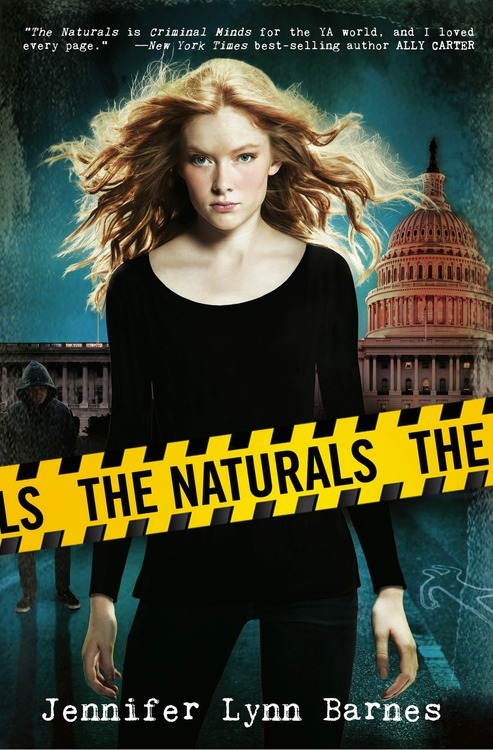
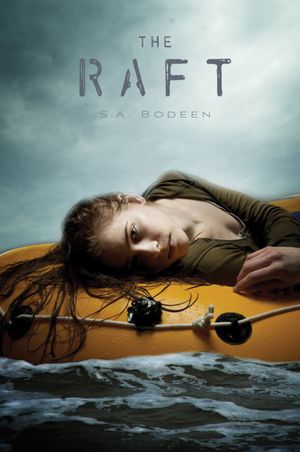
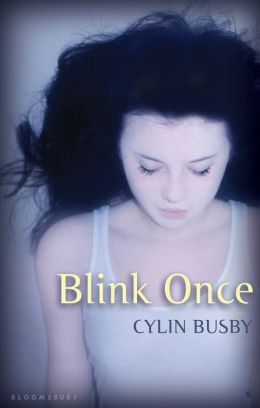

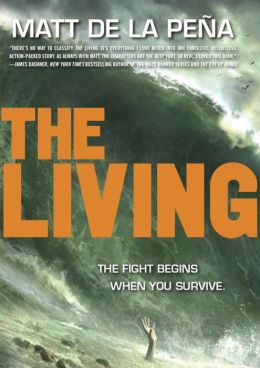
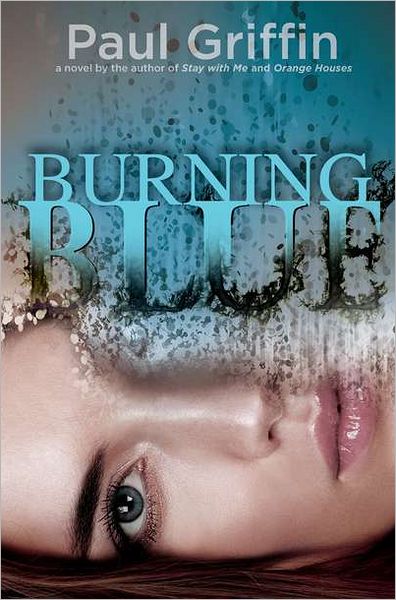








Thug Notes Introduction
In June 2013, Thug Notes produced its first video to YouTube. Thug Notes introduces classic works of literature with a hip-hop twist. Creators Jared Bauer and Jacob Salamon write the scripts with actor/comedian Greg Edwards hosting each episode as Sparky Sweets, PhD. The aim is to summarize and analyze classic works of literature with a hip-hop twist.
Here’s an example of the Thug Notes style applied to Harper Lee’s To Kill a Mockingbird. I’ll post the Thug Notes version of each work they cover that we read in class, but be warned! Salty language and adult themes ahead. Proceed with caution.
Comments Off on Thug Notes Introduction
Filed under AP Literature, Honors IV
Tagged as analysis, AP, books, commentary, drama, honors